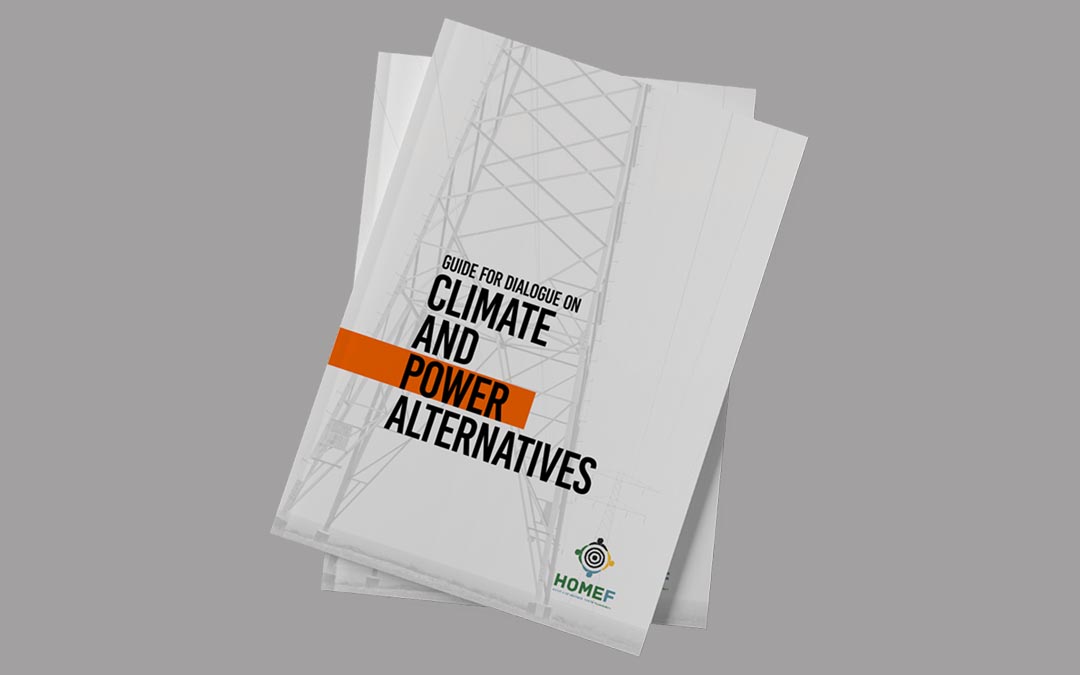Energy is one of the vital tools needed to fuel economic growth and development in any nation. Energy describes the work and heat available from all energy carriers, from the point of supply to consumption. The world energy carriers are divided into two categories: renewable and nonrenewable carriers. Renewable energy is energy produced from sources that can be replenished within a human’s lifetime or from sources that cannot be depleted while non-renewable energy is the energy produced from sources that can be depleted.
Renewable energy (example: wind, solar, geothermal, biomass, and hydropower) is also called clean energy while non-renewable energy sources (example: fossils – oil, coal and natural gas) are dirty energy – they are called dirty energy because their combustion releases greenhouse gasses and other toxic chemicals that pollute the environment, posing risk to human
health and the health of the ecosystem as well. Predominantly, the energy carriers which supply the world today are fossil fuels, nuclear fuels, and a little of wind and solar radiation.
Without access to sustainable energy, development goals cannot be achieved. By developing infrastructure that provides sustainable, reliable and affordable access to modern energy services, people, communities and countries can significantly improve their living standards and economic status. Particularly, increasing access to modern energy services can cause improvement in health, gender equality, education and safety, as well as produce an expansion of job markets and business activities.
To drive inclusive growth and generate opportunities as well as put an end to the ravaging pollution scourge, Africa needs good and reliable energy access.
Download the guide here.





